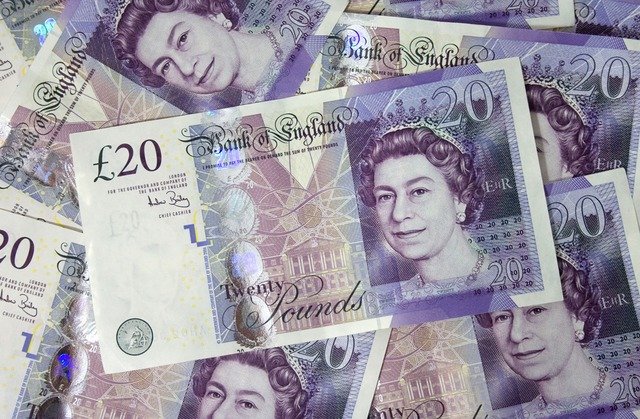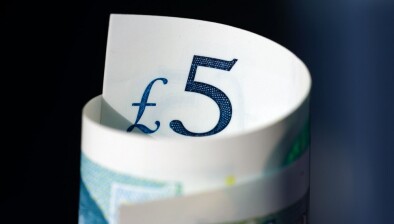UK’s Q1 GDP rises 0.7% Q1 as businesses act before US tariffs

The UK economy demonstrated its strongest growth in a year during the first quarter, expanding by 0.7% and surpassing City forecasts.
This unexpected upturn was significantly driven by businesses increasing investment and exports, reportedly to pre-empt the impact of anticipated US tariffs under Donald Trump.
The UK’s dominant services sector was the main engine of this growth, expanding by 0.7% with robust performances in retail, wholesale, and computer programming. The production sector also saw a healthy 1.1% rise, while construction activity remained flat.
Chancellor Rachel Reeves lauded the figures, suggesting the government’s economic strategy was proving effective and highlighting that the UK had outpaced its G7 peers. She also pointed to recent trade agreements and support for key industries as contributing factors.
However, economists have expressed caution, suggesting much of the first-quarter strength was due to companies “frontrunning” trade activities before US tariffs take full effect. Concerns persist that economic growth will weaken later in the year once these trade measures are implemented. Export volumes notably increased by 3.5%, supporting this view.
The Bank of England has also recently adopted a more pessimistic outlook, forecasting near-stagnant activity for the rest of the year due to heightened global uncertainty.
Professor Joe Nellis, economic adviser at accountancy and advisory firm MHA, said: “Despite the UK outperforming many of its peers in relative terms, the future medium term economic outlook does remain worrying. Despite the modest tariff victories on cars, steel, and aluminium earned by the Prime Minister last week, ongoing trade tensions and US tariffs will hit GDP later this year.
“The elevated employment costs outlined in the Autumn Budget have begun to kick in from April, cutting businesses’ profits (and ability to reinvest) and slowing recruitment. The government would be helped by further interest rates cuts by the Bank of England, but the split in the Monetary Policy Committee at its last meeting suggests that this is not as much of a certainty as was once thought.”
He continued: “All this means that the foundations for sustainable growth have not been set. Burdened by election promises drawn up twelve months ago, in a very different economic environment, to not raise taxes on ‘working people,’ the government appears to have no way out of this predicament if it sticks to its current fiscal rules – it has boxed itself into a corner. It has the power to change this stance.
“The government’s two economic goals: cutting the deficit and creating a growing economy are currently two incompatible ideals. Of the two, they must prioritise growth.
“While they have already expanded public investment in the economy, they must also encourage corporate investment, something that cannot be done within the constraints of the current fiscal rules.
“The global economy is in a difficult place, and the government has a tough fight on its hands to reinvigorate our sluggish economy in the midst of such uncertainty. However, they would make this fight somewhat easier if they stopped tying their own hands behind their back and discarded their burdensome fiscal rules.”







